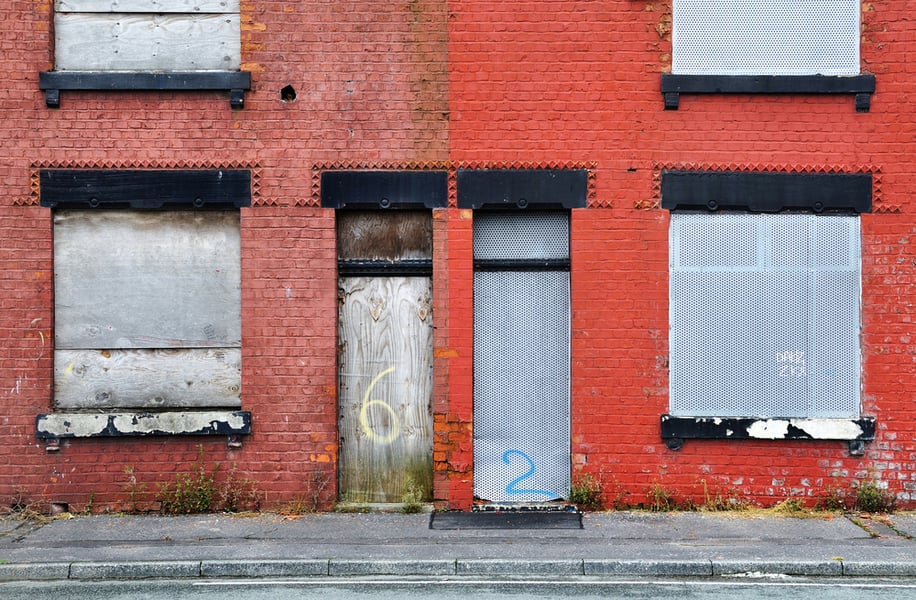
New minimum standards should be introduced for the private rented sector and landlords should receive tax incentives for signing up to accreditation schemes, according to the Chartered Institute of Housing.
The CIH said more needs to be done to improve the quality of private homes across the board, including a new set of minimum standards for landlords which cover property conditions and housing management.
It has sent a submission to Chancellor Philip Hammond ahead of his March Budget which also calls for the regulation of letting agents to stamp out poor practice. "Though many landlords provide good quality housing, standards are highly inconsistent and at the lower end of the market they can be very poor," said Gavin Smart, CIH deputy chief executive.
"We think more can be done to improve standards for the millions of tenants in private rented accommodation, including the introduction of a set of minimum standards and other measures which incentivise providing good quality accommodation. We expect that the large number of landlords who are already providing good quality homes and services will already be operating at a level at or above the minimum standards we envisage," he added.
According to a piece of research commissioned by the CIH over a million private rented households live in homes that do not meet the government’s Decent Homes Standard, a framework developed to ensure local authorities maintained good conditions in the social housing stock, but which is not enforceable in the private sector.
The report’s author, Seb Klier, London Campaign Manager at Generation Rent, believes that while the Decent Homes Standard was a concerted and long term attempt to improve standards for social tenants, nothing comparable has happened in the private rented sector, even though it has doubled in size in the last two decades and is home to the worst conditions.
He said that at the bottom of the sector, renters live in homes that are overcrowded, with vermin and pests common, and hazards associated with poor gas and electricity supply and problems are so prevalent because as well as the relatively small number of rogue landlords who are happy to ignore the law, there are so many ‘amateur’ landlords in the market, whose lack of knowledge and care still leads to dangerous conditions.
"Private renters often tolerate poor conditions. Many, for example, have found somewhere they can afford and don’t want any added costs that may come with moving, or to provide their landlord with a justification for increasing the rent.
"In high demand areas, with landlords able to evict tenants without reason and with just two months’ notice, renters often fear endangering their tenancy by making a complaint to the landlord or the local authority. Some unscrupulous landlords do evict ‘demanding’ tenants, but the overarching fear of eviction leaves many problems unreported, even where the landlord would have no problem in putting right the disrepair."
He pointed out that the current system puts the onus heavily on the tenant, who has to first chase their landlord and then follow up with the council if the landlord is unresponsive or claims that the tenant caused the problem. It also means that enforcement varies wildly.
"We need to radically alter regulation to compel all landlords to prove their home is fit for human habitation before they put it on the market," Klier said.
His report also points out that selective licensing by local authorities which compels every landlord or agent in an area to hold a licence for each property they own has been helping. Such a scheme exists in Newham in London and other councils have followed this example.
Newham’s scheme is regarded as the most advanced in the country and has meant that in the last year it was responsible for 70% of all prosecutions in London taken under the 2004 Housing Act.
But Klier argues this is not robust enough as acquiring a licence does not necessarily mean that a landlord has a property in good condition and he believes it needs to be taken further with property inspections introduced before it can be rented out as a lick of paint can hide problems that emerge months later once a tenancy agreement has been signed.



